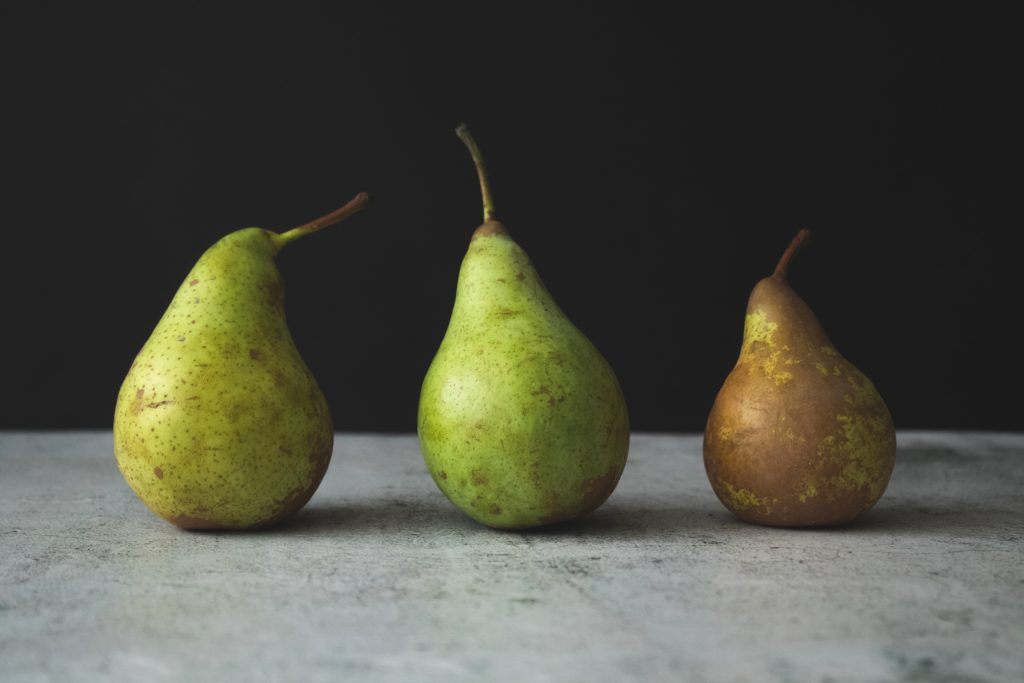Do you suspect you react to foods?
You may be sure you get symptoms after foods you use occasionally such as chocolate or red wine, but wonder if other foods may matter, as your symptoms still continue, and they may get better or worse even with no noticeable change in your usual intake. You know other people do not feel the way you do.

The right diet is in the person not in the diagnosis
When a diet is named, such as the ‘migraine diet’ it gives the impression that the correct diet is known and that all those with migraine should use the same diet. Most diets for particular diagnoses are designed when doctors understand what is wrong in the way the body functions. The foods that have to be excluded are known. Good examples are the gluten-free diet for coeliac disease, or the low phenylalanine diet for those with phenylketonuria (PKU).
Where do you use the diet detective method?
It is useful wherever the diet that may help you is not known.
You may have looked up your main symptom on the internet but noticed that there are different diets suggested, or you tried one and it was just too difficult, or it did not reduce your symptoms usefully.
Where do you start?
As a detective you will begin investigation with information available. You use clues from the variety of symptoms you have, and the variety of foods you suspect.
What are the “usual suspects”?
You ensure you updating information on the Low Chemical Diet. This reduces most additives, salicylates (including especially herbs, spices and tomato), amines (including rich food and chocolate), flavours and glutamates (especially monosodium glutamate). In 2020 this diet can be individualised to suit you.
Be aware of false leads
These can include unusual diets via Dr Google, or red herrings, such as the use of particular nutrients reported to help, or using fermented foods. You will be wary of clues leading you in an only partially useful direction such as cutting out one food, like wheat, or go in a completely wrong direction such as using trace element supplements. You will identify false leads, such as well-meaning suggestions.
Do first things first
Before you begin serious investigation attend to some basic ideas that may make enough difference. You may reduce coffee, chilli, alcohol, obvious additives, and highly flavoured foods. If you realize you are on the right track continue.
You note all your own symptoms.
There is a long list of symptoms that food sensitive people may get. These include eczema, tummy aches (and IBS symptoms in adults), migraine, reflux, chronic headaches, ADHD, ASD, tyramine sensitivity, and many more. Find information on this site https://foodintolerancepro.com/articles/
List the foods you suspect.
Don’t worry if your suspect foods are not the same as those commonly mentioned on some website. There are many individual differences. Some may seem clear and others suspect only sometimes. You may also note your own fussiness about food and awareness or supersensitivity to various smells. You incorporate what you already know about yourself, such as symptoms after milk, or need for less grain fibre.
The Family Sensitivity History is part of the Diet Detective Method
There is a little-known mine of information available in the three generations of stories (clues) you can search in your own family. You list the food sensitivity symptoms and suspect foods in family members up to grandparents; getting just those you find easily. The more found in you and your family members the more likely a diet trial is to be helpful.
You will learn to understand the idea of the Total Body Load.
This is the picture of all the factors that affect your symptoms. These include smells, environmental and food allergens, various whole foods, skin contacts, infections, stress, or hormone changes.
Choose the level of diet strictness that suits you.
Now you are getting serious about your detective work.
You can use “easy” versions of the Low Chemical diet, “good-results versions” and even options for the very sensitive. See my book: Are You Food Sensitive? for the detail of the diet investigation, pulling together the various clues. You then run your four-week Low Chemical elimination diet with the best likelihood that it will show if your symptoms reduce. “Are You Food Sensitive?” also provides information about withdrawal, and gives you suggestions of commercial foods you can eat, managing meal plans, adapting recipes and cooking.
Challenges are important
But there is more detective work to do! You want to investigate what happens when you reintroduce foods to see if you tolerate them or your symptoms return. The best challenges to test the diet’s usefulness are not known individually as people vary in what they react to. So the challenges you can begin with are foods you most want to return to the diet for taste or convenience. Disliked foods are best tested only if necessary. You can gain information on the likelihood of reacting from the list of over 300 foods in my book Tolerating Troublesome Foods which also gives clues for the greatest chance of tolerating a food.
Diet expands over your life
You can use information to also make sure you have sufficient energy and intake of important nutrients depending on what foods you need to exclude. In just a few months you discover your own best diet. The long-term management is implementing all you have found and expanding your diet for the rest of your life.
Are You Food Sensitive? https://www.amazon.com/Are-You-Food-Sensitive-investigate-ebook/dp/B00J7PC5VQ
Tolerating Troublesome Foods https://www.amazon.com.au/Tolerating-Troublesome-Foods-Investigating-intolerance-ebook/dp/B00I7DS87O
Leave a Reply